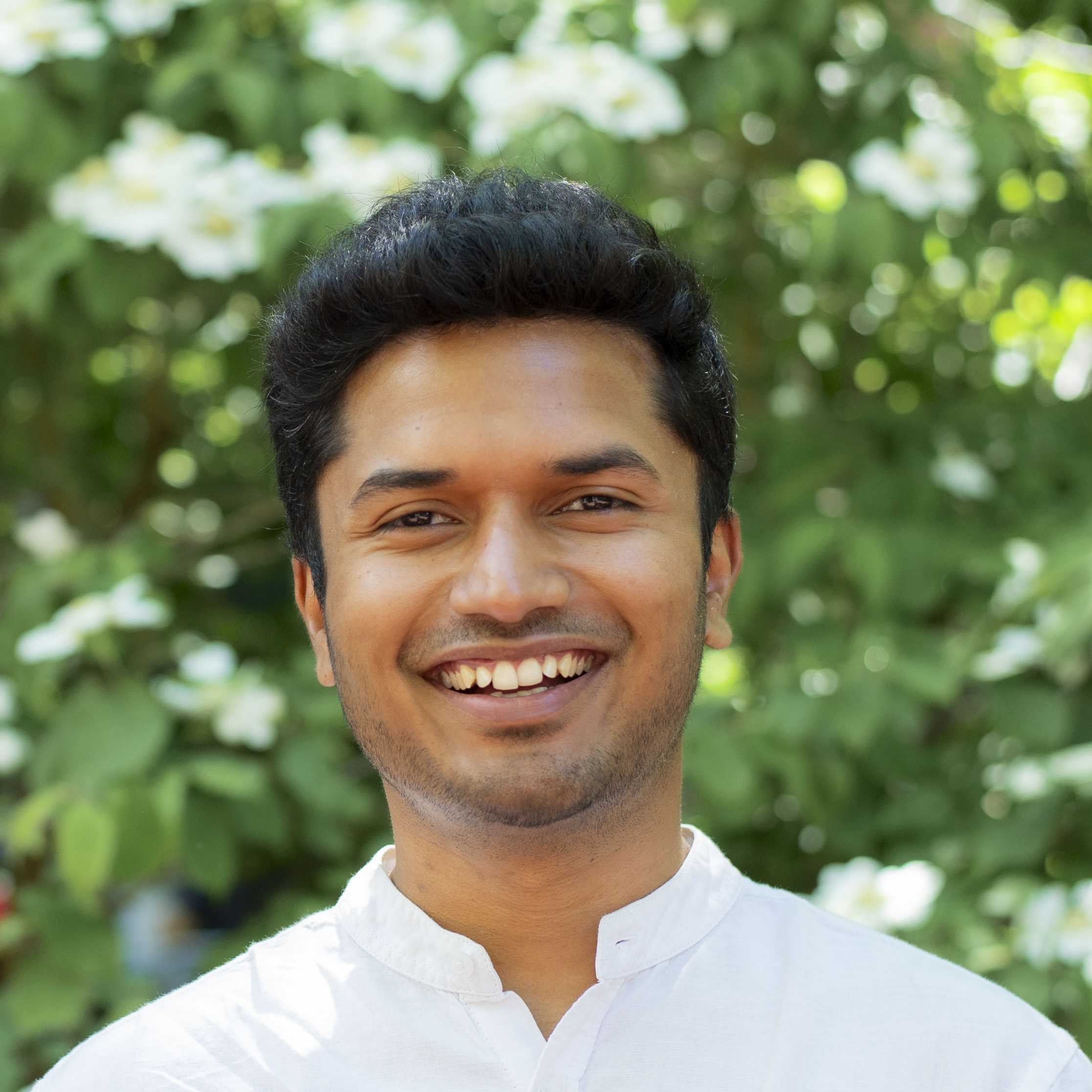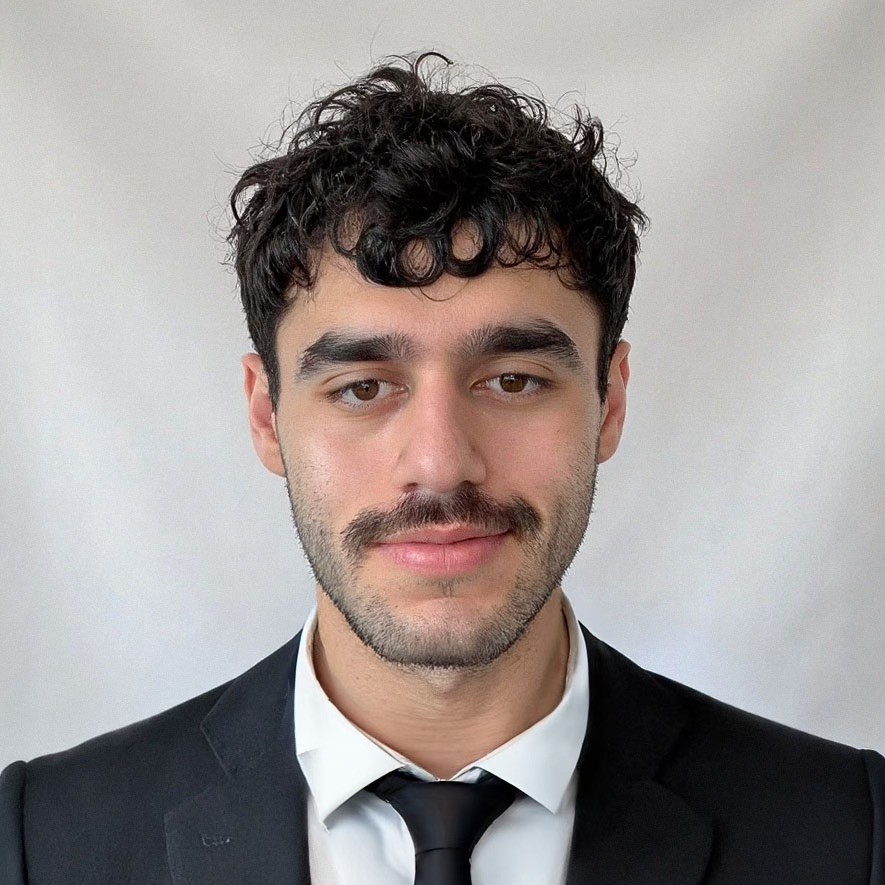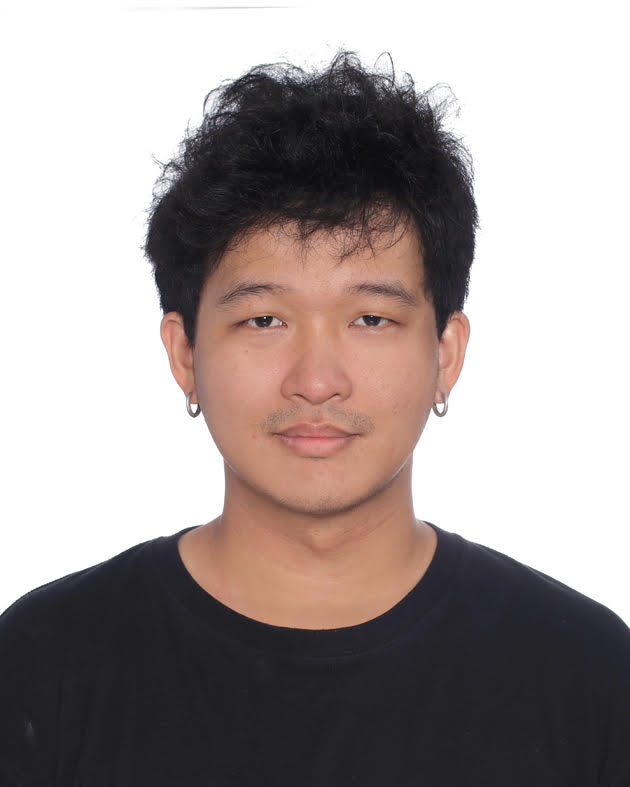We are facing an emotional recession and we need more than good coffee (or beverage of your choice) to fix this! Algorithms, data, and AI are indispensable to how we work. And how we work is critical to our health and consequently how we experience life. Workers increasingly report work-related challenges as drivers of stress, anxiety, and depression while receiving inadequate support. Meanwhile, digital technology continues to redefine work—especially with hybrid work trends and the emergence of large foundation models. How do we ensure these technological advancements do not trap workers into more work and instead unlock new paradigms of holistic wellbeing?
Our lab’s mission is to reimagine technology to ensure healthier & happier forms of work. We study a variety of working populations (knowledge workers, emotion workers, neurodivergent workers) and settings (remote, gig, shift, creative). Together, we take an end-to-end perspective to improve wellbeing through intelligent, pragmatic, and scalable socio-technical solutions.
🔊 Prospective Students: Read the advising statement before proceeding. We’re looking for 1–2 PhD students for the 2025-26 admission cycle (appointments start in Fall ‘26) in the Human-Centered Technology, Innovation & Design program. If you’re interested, please email Prof. Das Swain.
Research
We leverage interdisciplinary approaches anchored around technological innovation to envision a new future of work and wellbeing. Our studies aim to contribute to the following intersecting areas.
Human-Centered ML
Existing approaches to understanding workers with data rarely consider worker perspectives. We engage with data-subjects, like workers, to derive new designs for estimating behavioral health and guide these models to align ethically and practically with their social context.
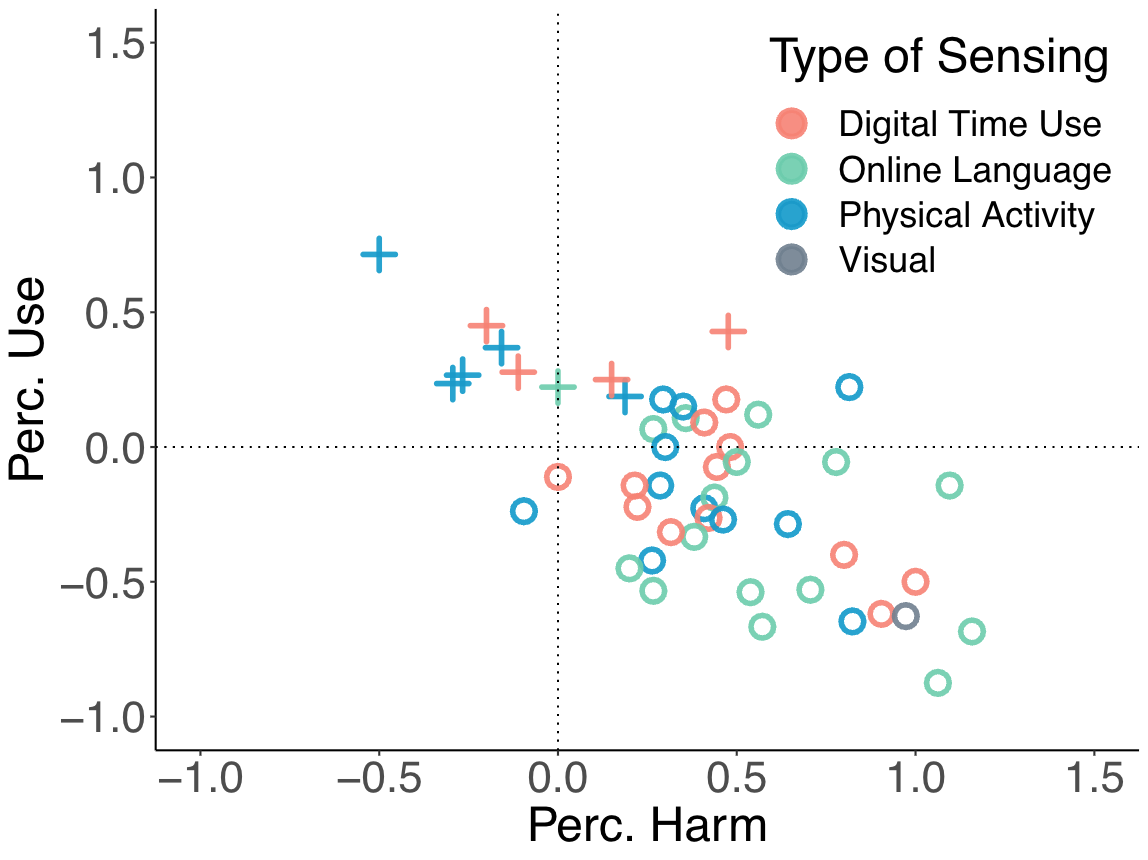
Social-Ecological Informatics
Traditional ways of describing workers do not reflect how social relationships affect their behaviors. We contextualize situations with multimodal data and demonstrate computational models that highlight overlooked factors associated with healthier organizational practices.
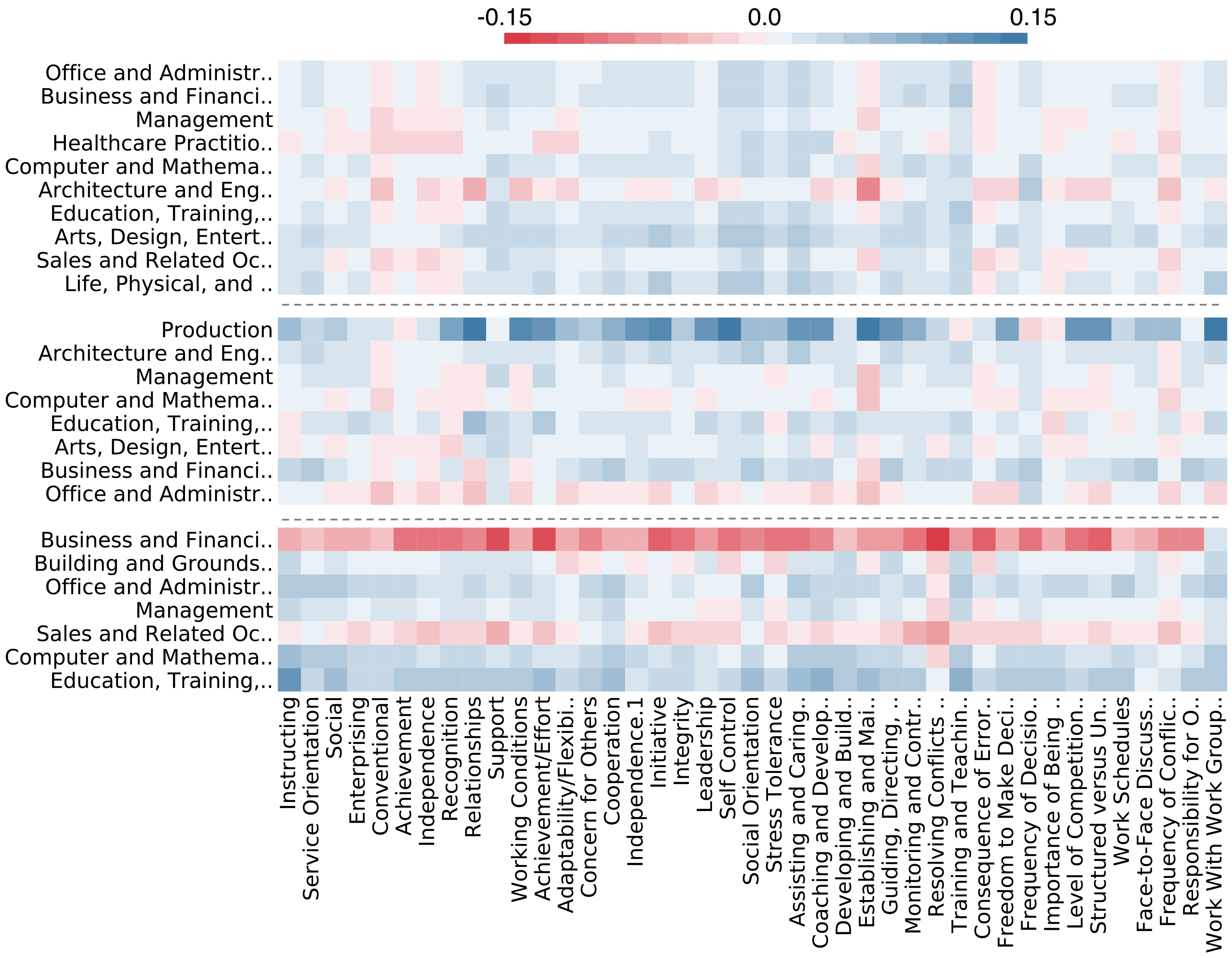
Digital Wellbeing Interventions
Performance and wellness are often viewed as mutually exclusive, but we show that we can augment work routines to ensure sustainable effectiveness. We develop AI and computational applications for task-level and day-level activities to mitigate negative challenges to mental health.
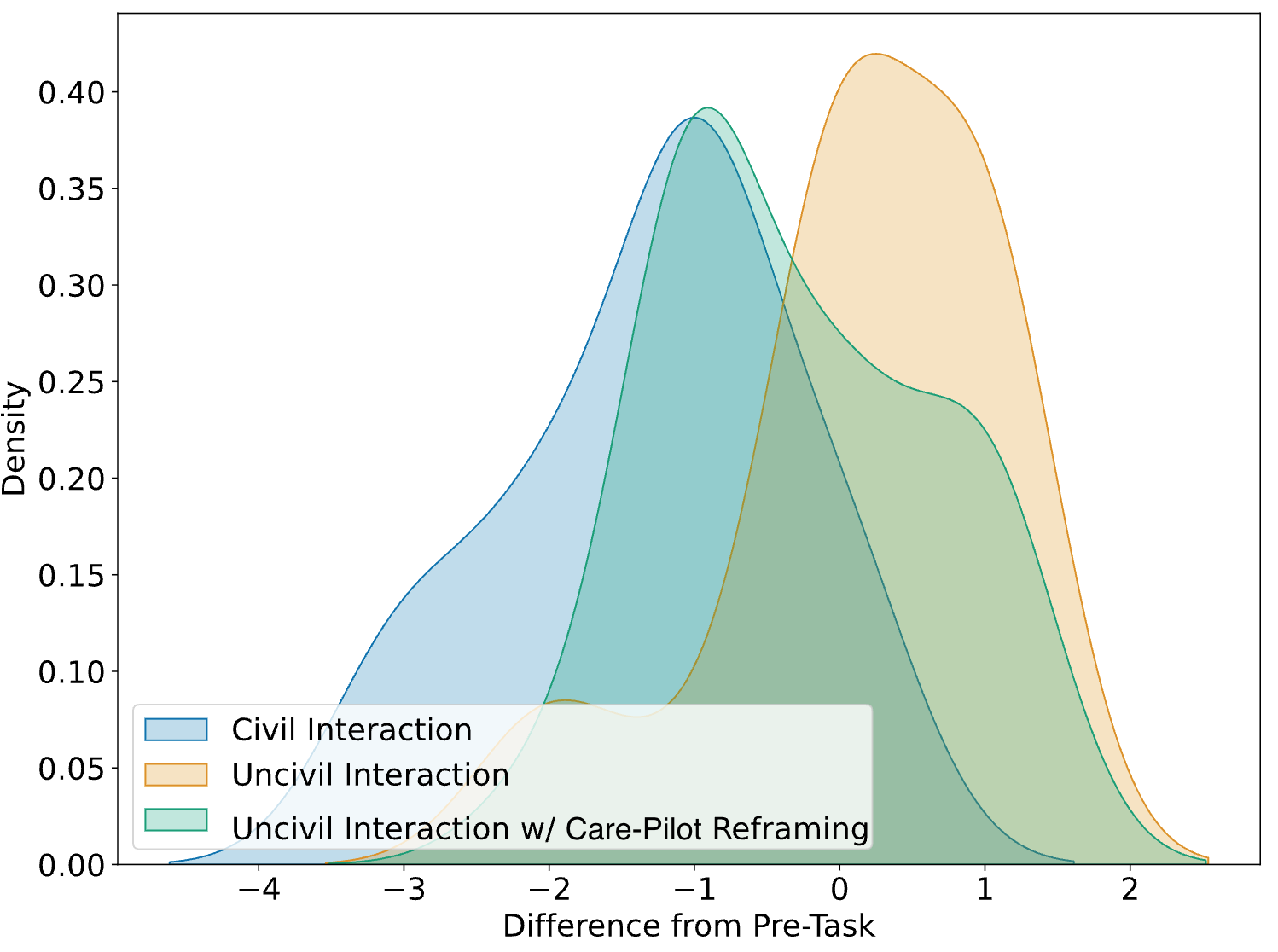
For all published research, refer to Prof. Das Swain’s Google Scholar profile
People
Former Students
Prof. Das Swain’s fellowship at Northeastern allowed him to act as a Principal Investigator on projects and thus supervise and fund some extremely talented student researchers. We are now looking to build an equally talented, capable, and responsible research group at NYU.
- Alex Jeon — Research Engineer
- Joy Zhong — Research Assistant
- Olivia Wang — UX Design & Research Co-op
- Win Tongtawee — Full Stack Developer Co-op
- Joyce Hsu — Khoury Research Apprentice
- Kimberly Do — Research Associate
Collaborators
We have a growing list of experts across industry and academia who are collaborate with us on different projects:
- Dr. Javier Hernandez (Microsoft)
- Prof. Nick Jacobson (Dartmouth)
- Prof. Jennifer G. Kim (Georgia Tech)
- Prof. Uichin Lee (KAIST)
- Prof. Varun Mishra (Northeastern University)
- Prof. Koustuv Saha (UIUC)
- Prof. Ziang Xiao (Johns Hopkins)
